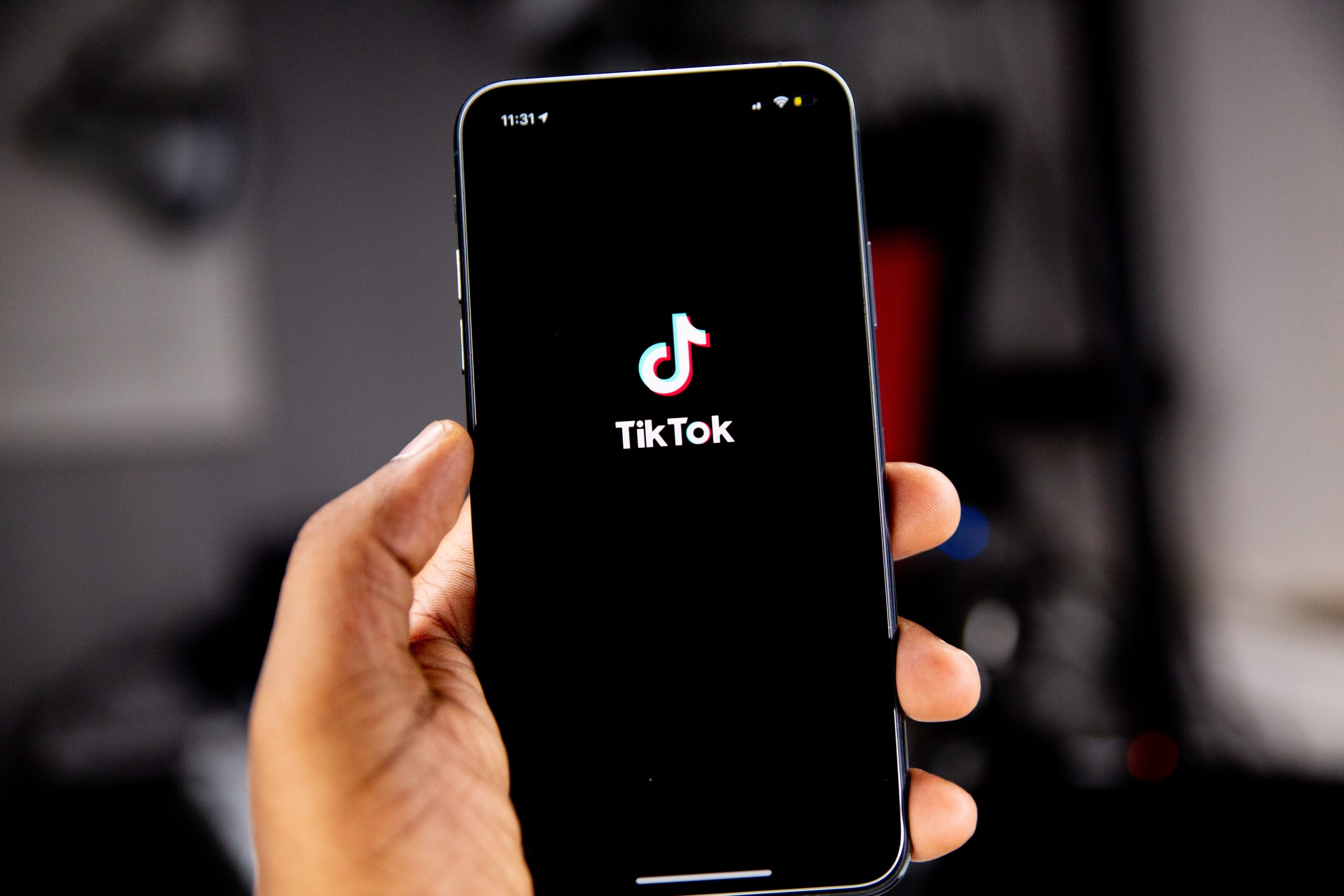
Chris Lieberman, FISM News
[elfsight_social_share_buttons id=”1″]
TikTok has come under fire over data privacy concerns again, this time following allegations that the Chinese-owned social media giant’s parent company, ByteDance, is collecting the private location data of American citizens.
A Forbes report on Thursday claims that a China-based team from ByteDance’s Internal Audit and Risk Control department sought certain U.S. citizens’ location data without the users’ knowledge or consent.
The team is supposed to investigate current and former ByteDance employees for potential misconduct, but according to documents reviewed by Forbes, the company tried to collect data on at least two Americans who have never worked for the company. According to Forbes, it is unclear if the data was ever actually collected.
Forbes quoted TikTok spokesperson Maureen Shanahan as saying that the app collects approximate location data to, “among other things, help show relevant content and ads to users, comply with applicable laws, and detect and prevent fraud and inauthentic behavior.” But according to Forbes’ sources, ByteDance was seeking the data for surveillance purposes.
TikTok denied the report on Twitter, saying that Forbes’ story lacked “both rigor and journalistic integrity” and stating, “Forbes chose not to include the portion of our statement that disproved the feasibility of its core allegation: TikTok does not collect precise GPS location information from U.S. users, meaning TikTok could not monitor U.S. users in the way the article suggested.”
TikTok then added, “TikTok has never been used to ‘target’ any members of the U.S. government, activists, public figures or journalists…”
1/ @Forbes' reporting about TikTok continues to lack both rigor and journalistic integrity. https://t.co/HYF16KezqS
— TikTokComms (@TikTokComms) October 20, 2022
However, TikTok’s statement would seem to contradict its own privacy policy, which states, “We collect information about your approximate location, including location information based on your SIM card and/or IP address. With your permission, we may also collect precise location data (such as GPS).”
Emily Baker-White, who wrote the Forbes story, responded to TikTok’s denial on Twitter, writing, “We never mentioned GPS in the story. In fact, we quoted their spokesperson saying they collect approx location via IP address. Not using GPS does not mean they could not use that approx location to monitor certain individuals.”
I understand TikTok tweeted about our reporting last night. Here's the story, and a few notes on what they said:https://t.co/g2IlJN5WKp
— Emily Baker-White (@ebakerwhite) October 21, 2022
Lawmakers on both sides of the aisle have repeatedly expressed concerns that TikTok presents a national security threat, worrying that the social media company could be supplying U.S. citizens’ private information to the Chinese government or Chinese Communist Party.
In 2020, President Trump ordered the company to divest its U.S. holdings and attempted to ban the app from all U.S. app stores, though a judge later struck down that ban. President Biden rescinded the Trump order shortly after taking office, but did instruct the U.S. Treasury Department’s Committee on Foreign Investment last month to consider risks such as surveillance when evaluating foreign investments.
In a July letter to U.S. senators, TikTok CEO Shou Zi Chew admitted, “Employees outside the U.S., including China-based employees, can have access to TikTok U.S. user data subject to a series of robust cybersecurity controls and authorization approval protocols overseen by our U.S.-based security team.”
In an attempt to allay some of these concerns, TikTok has launched Project Texas, an effort to move all U.S. TikTok data to Austin-based Oracle’s cloud.
